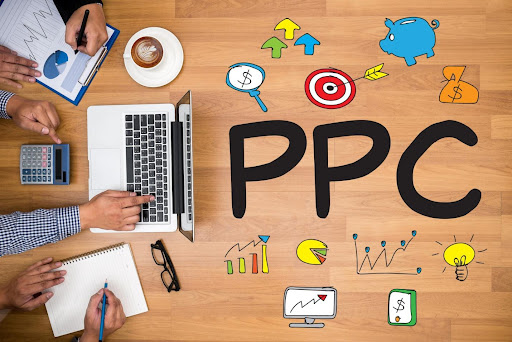Did you know that Google owns 92% of the global search market? With most internet users turning to it to solve their problems, it can be an excellent marketing tool for your business. But do you know how to get the best results?
If not, then we can help out. Read on as we give our essential guide to starting a paid search campaign.
Know Your Aim
When you create a Google ad or similar product for social media, you need to know your goal from the start. This can help shape everything you do, from the language you use to the content you create. When you don’t know your final outcome, you also don’t have a way to measure the success of your efforts.
- Increase traffic
- Boosting sales
- Improving brand awareness
- Promotion of a product or event
- App downloads
- Email sign up
When you have a goal, you can start to craft the rest of the campaign. Luckily, concentrating on one will probably result in a natural boost for the others. For example, improving brand awareness should also increase sales.
Set a Budget and Stick To It
More money does not always produce more results when it comes to paid search ads. At some point, putting more money into a campaign becomes a point of diminishing returns. When you keep adding to the budget or even the timeframe it becomes hard to check your success.
Instead, take a small part of your budget and conduct A/B testing. This is when you have two ads with differences in them. At the end of the campaign, check to see which has been most successful.
This is the one you will use for your project. Once it starts to tail off and become less successful, you have probably reached all the customers you can with it so should start again.
Get the Correct Keywords
Your Google ads campaign will only be successful if you have the right keywords. Getting the correct ones is tough, as the ones with the most traffic will cost you more money as they have more competition. Go for ones with less traffic and you get fewer clicks, but at a lower cost.
You also need to ensure you know the meaning of your keywords. For example, the word race could mean a group of people defined by genetic or geographical traits, or something you run in. Incorrect use can bring the wrong types of website traffic for your campaign.
Finally, remember that once searchers click on the ad, the rest is up to you. You may want to provide personalized landing pages, so they end up further in the sales funnel. This all comes back to knowing your goals from the start.
Starting a Paid Search Campaign
Once you know your objective and have a budget, you can begin planning your paid search campaign. If you really want to optimize your spending, don’t be afraid to outsource the process. Experts with experience can do this for you.
This article is one of many to help you get to grips with the digital economy. Read our other articles and we can help build your online brand in the coming year.


